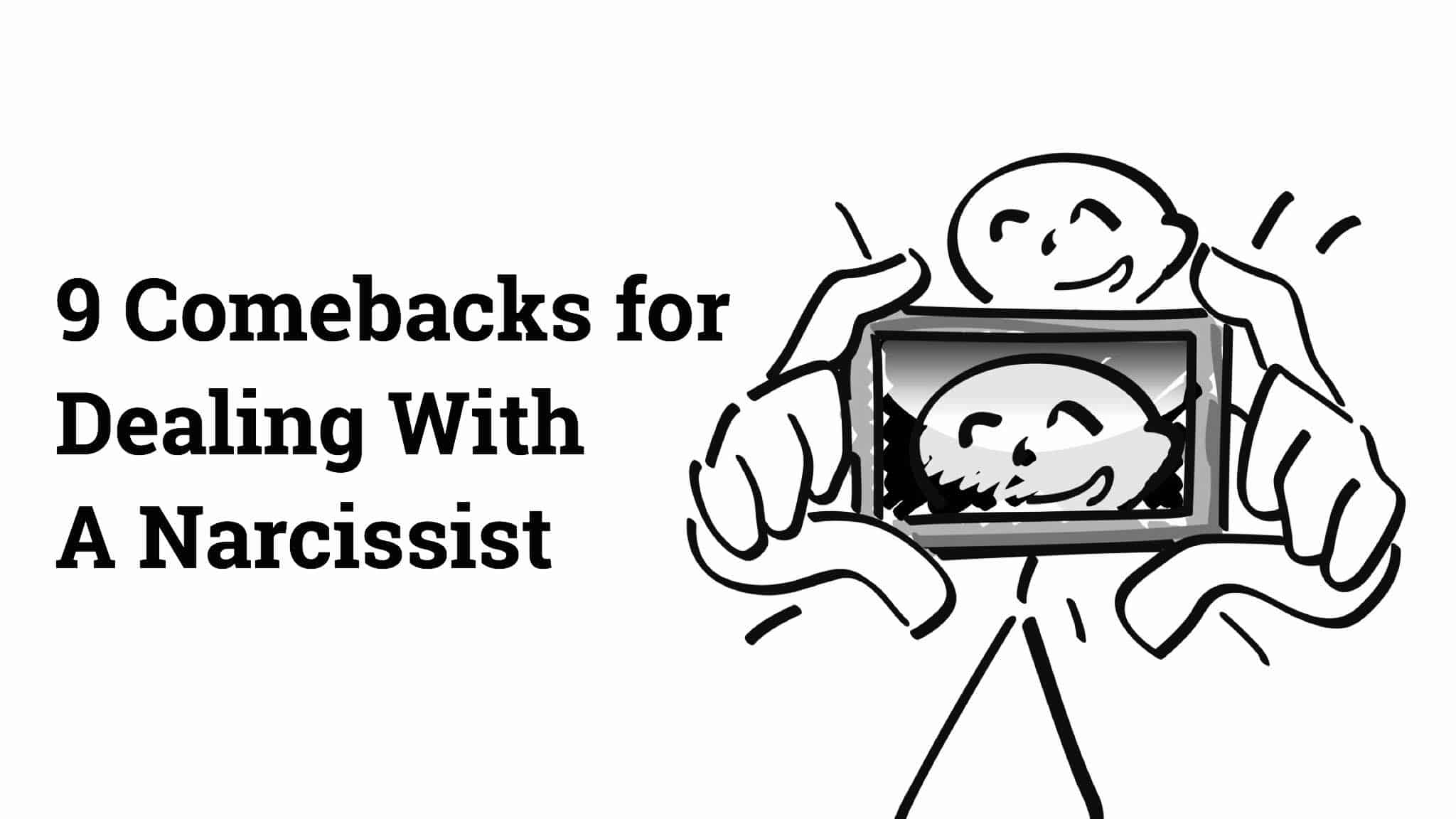Opposites attract… but if it leads to toxic interactions, what’s the point?
Call it “yin and yang,” “good and evil,” or “right and wrong”; one thing is quite clear: opposites attract.
The Universe has plenty of examples, but perhaps these phenomena can best be explained by the underlying natural laws which serve as their underpinning. Let’s begin where, well, everything begins: energy.
Here’s the definition of Charge Interactions:
“In contrast to the attractive force between two objects with opposite charges, two objects that are of like charge will repel each other.”
If you’re in the mood for a more humanistic explanation, here’s one courtesy of Psychology Today:
“It has been said that the happiest couples never have the same character – they just have the best understanding of their differences.”
So there’s apparently some upward slope on the “x, y” axes of the Universal “frequency, differences” graph.
Toxic people and “weakness”
(Writers note: We do our best here to respect the humanity of every person. In this regard, please think of the words “toxic person” or “toxic people” as describing their harmful effects on your mood and well-being.)
With that said, here are seven other signs/personality traits that you may have an above-average tolerance for toxic people.
7 Signs You Can Deal With Toxic People Pretty Easily
“If they do it often, it isn’t a mistake; it’s just their behavior.” ~ Dr. Steve Maraboli
1. You’re open and kind – even to toxic people
We must understand and accept one important truth:
Toxic people both look for, and take advantage of, “weakness.”
Toxics have numerous confusions about the world around them, but perhaps the most notable one is their perception of kindness, which is viewed as weak.
Twisted logic, but true.
2. You’re a great listener
Being a great listener is a gift, one that is lacking in today’s world. However, if a toxic person knows you are an active listener they may very well use you as an outlet in which to share their negative disposition.
Also, toxic people don’t care about what you have to say. They’re a conversational bully.
3. You’re laid back
If “Chill, guys” is your motto, we love/admire you. We mean this with the greatest sincerity. You’ve probably made all of our lives just a bit easier.
But toxics are one group of people with whom you don’t want to exhibit your kind, easygoing side. Laidback individuals possess a beautiful sort of inner peace, which a toxic person may misinterpret as passivity.
4. You’re inclusive of everyone
We all know of a person who gets along with darn near everyone. Creating harmony, building bridges, and lifting spirits are in this person’s DNA.
But a small minority, for reasons inexplicable, want to alter your sunny outlook. Like we’ve said, opposites attract. Maintain your distance.
5. You believe everyone can change
While the vast majority of us are good at our core, not everyone is able or willing to uncover their better nature. A person who believes that everyone can change possesses a particular type of idealism.
Many idealists have altered the course of history for the better. But unless you’re prepared to wander into some incredibly murky and uncertain water, it is perhaps best to focus your energy away from toxic situations.
6. You can’t say ‘No’ to toxic people
Some of us have a difficult time saying ‘No.’ If you compose a 300-word email explaining why you can’t do something, this advice is for you.
Learning to say No is essential to living a happy life. This is especially true when dealing with toxics, who will hound you until you cave to their demands.
Look the person in the eye, smile, and with a polite yet firm tone, say “No.” Avoid the awkward silence (if any) by getting back to what you were doing.
7. You put others’ needs above yours
Some of us are real empaths; those who feel heartfelt sympathies for the needs of others, often to the point of putting everyone else’s needs and wants above their own.
Putting other needs first is admirable, but – as we all very well know – toxic individuals will readily take advantage of such a person.
Final Thoughts on Dealing With Toxic People
Vyoma Nupur, author, and host of the ‘Perfectly Imperfect’ show, recommends three strategies for dealing with toxic people that you may find helpful in both your personal and professional lives:
1) “Be quietly persistent in standing your ground because toxic people smell fear a mile away and if you fear them, their mission is accomplished.”
2) “If you have a toxic boss, till you can move away from that workplace, document and email everything to be able to counter any accusations towards you and remember that him or her are insecure, unhappy people and since you are smart, stay mentally detached from them.”
3) “Toxic people in your personal life are more difficult to deal with but the key is to stand quietly firm on your views and move on if the situation cannot be salvaged.”











